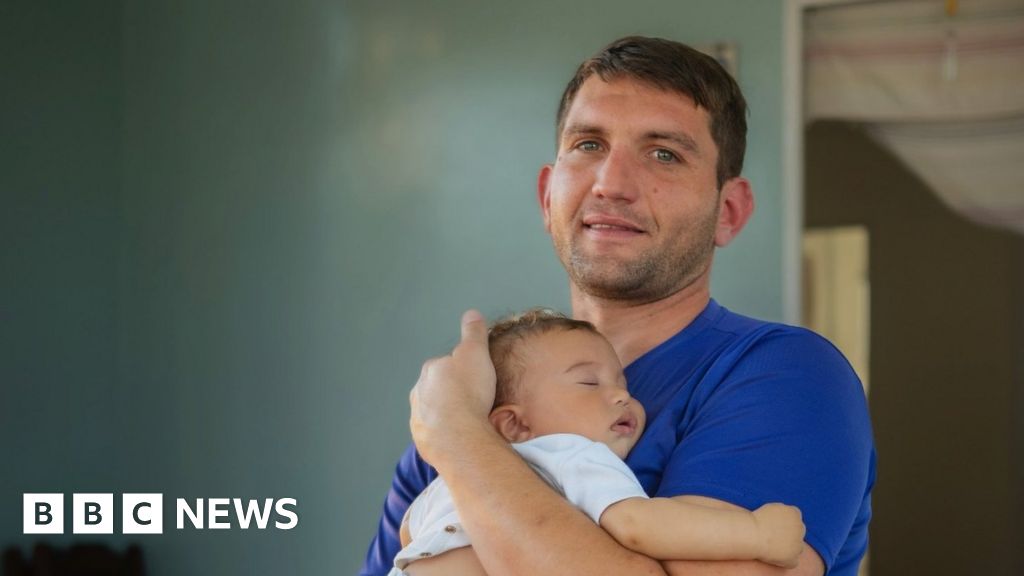The minhocão is one of São Paulo’s most famous landmarks. An elevated highway that snakes its way through the centre of the city, it weaves through the tightly packed apartment buildings to connect the east to the west.
The road’s official name is the Elevado Presidente João Goulart. But people here prefer to call it by its nickname, the minhocão, a reference to a giant mythical beast that roamed the forests of South America.
As much as it dominates the city with its sheer size, the minhocão also provides shelter for a growing number of people.
For underneath the elevated road, more and more homeless families are erecting tents, driven out of their homes by rising rent and having to sleep rough.
Many others have to make do with blankets handed to them by the city council.
And every day gets harder as the winter sets in.
São Paulo’s authorities estimate around 34,000 people are sleeping rough on the streets this year while figures from the Federal University of Minas Gerais put the number closer to 50,000.
The homeless population has soared more than 31% since the pandemic, and the number of families sleeping rough has risen 111% in the same time period, according to the city council.
With growing numbers of people needing help, the traditional strategies of soup kitchens and shelters are falling short.
So this year the city has come up with a new temporary solution: the micro-house.
The first village of micro-houses was built close to the banks of the Tiete River, in the neighbourhood of Canindé



I like it, it’s at the very least something to give the homeless there some dignity.
Is it the best solution? I don’t think so.
Does it need close management so it doesn’t turn into a slum? Yes.
But it’s something.